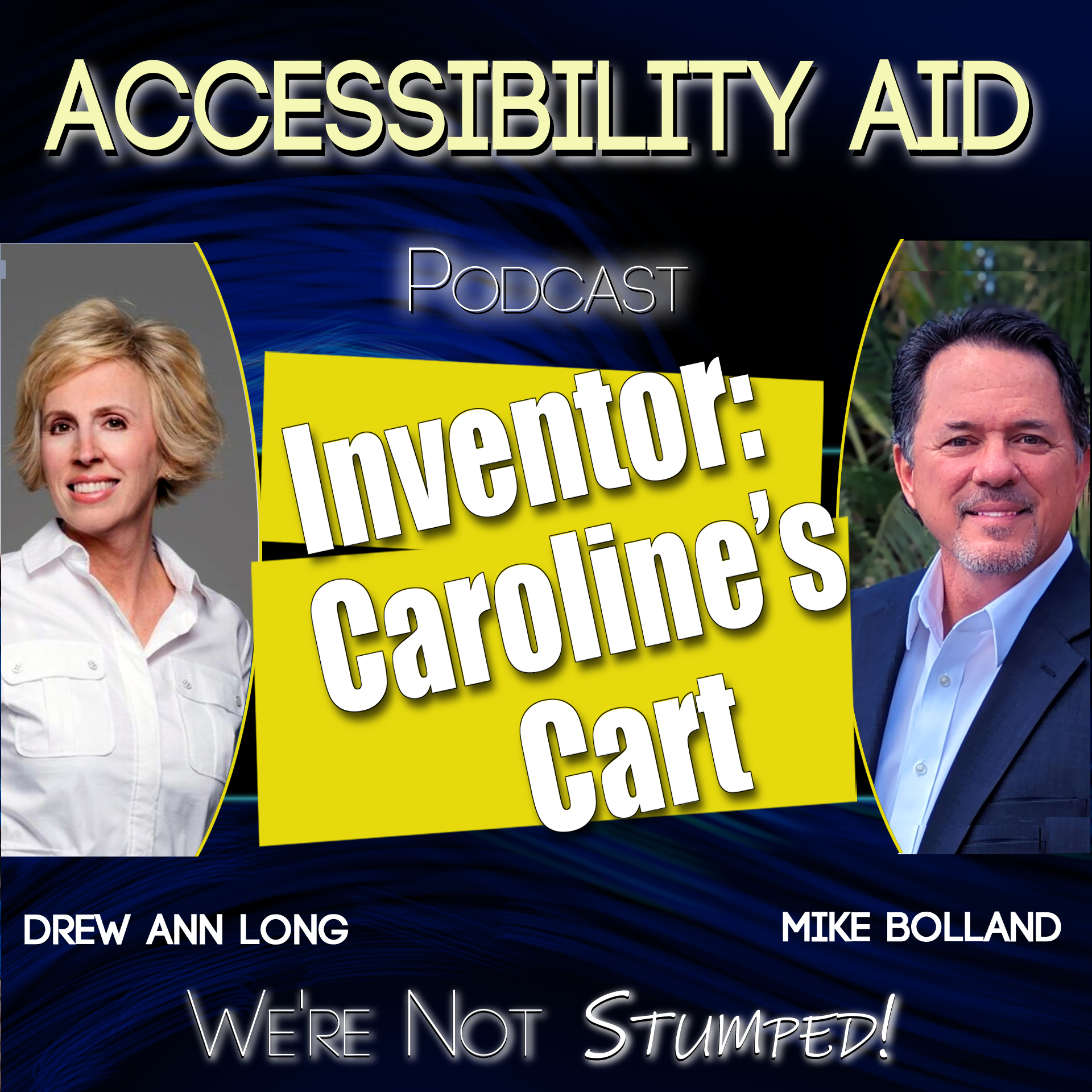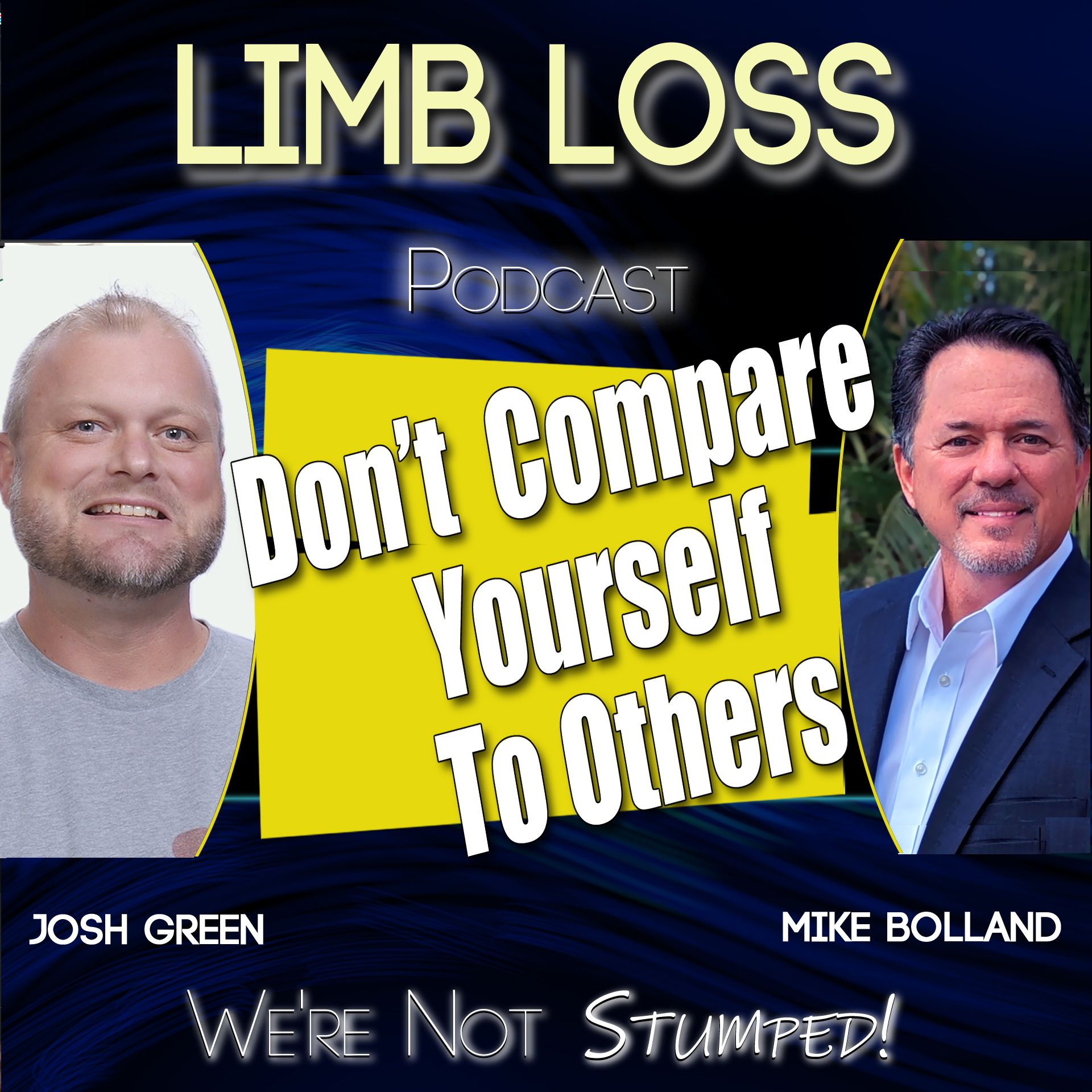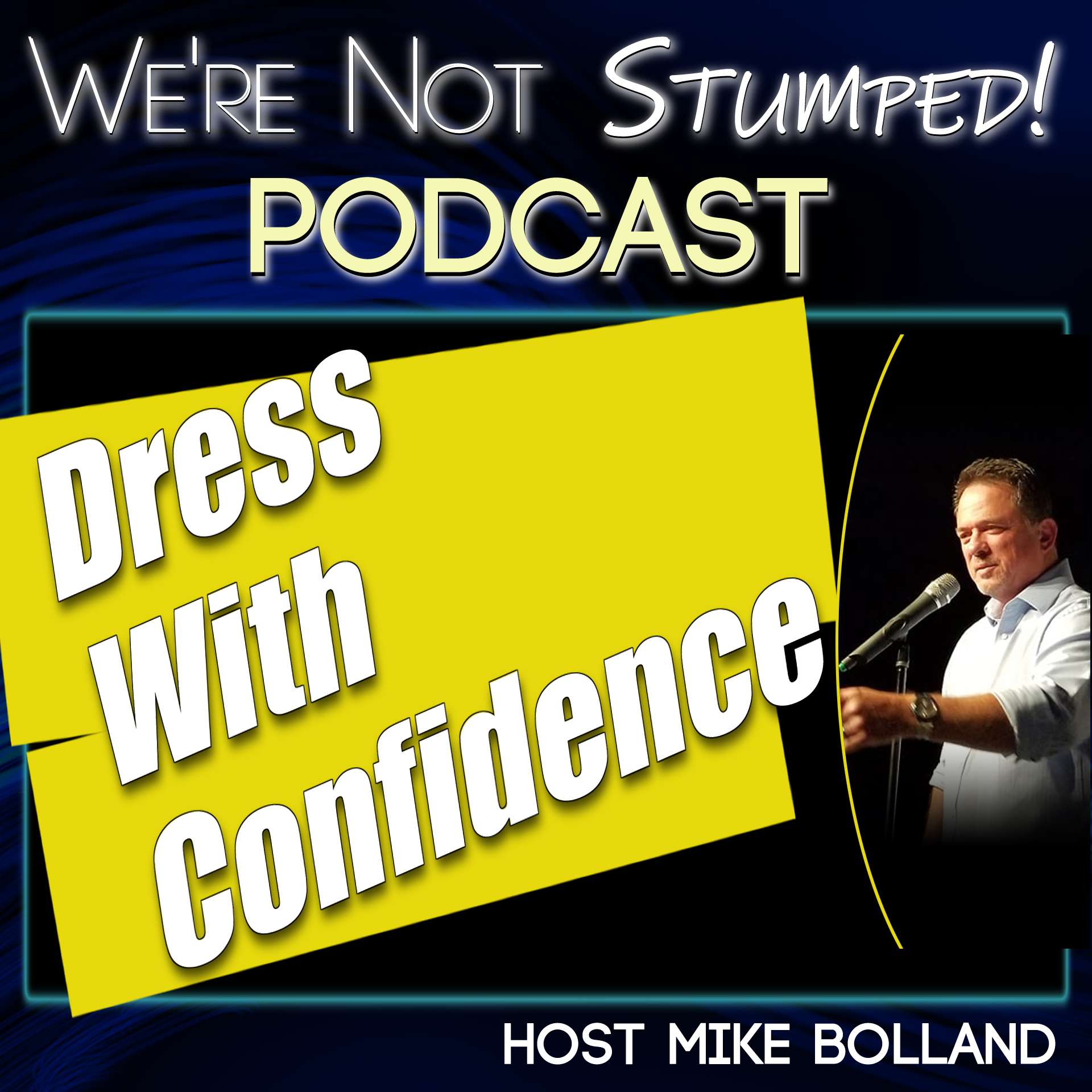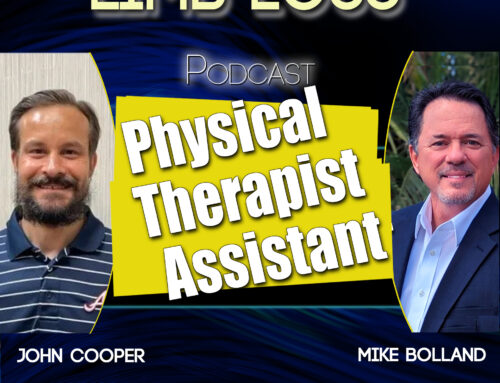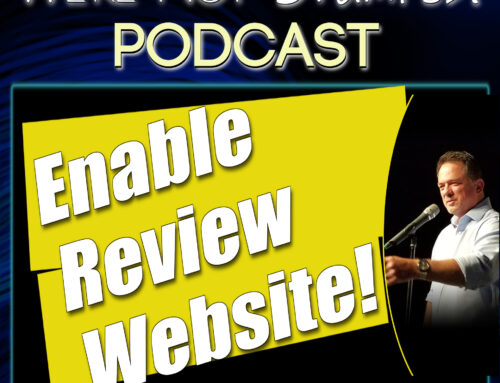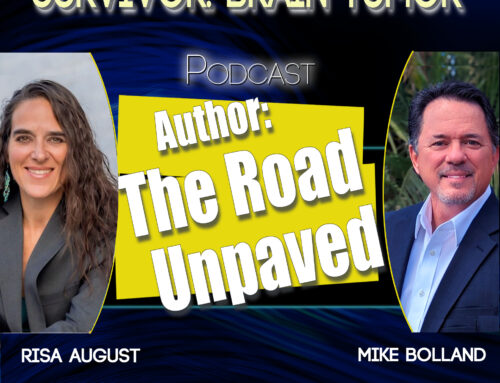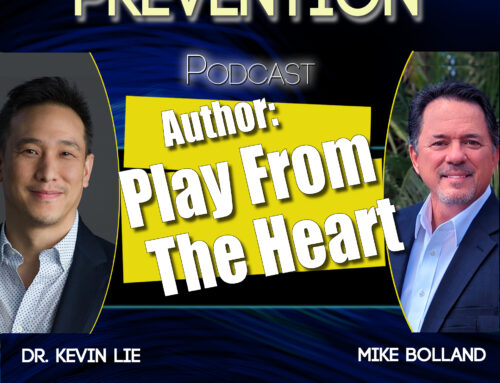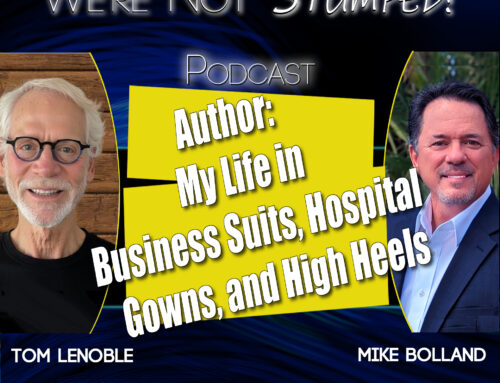In this powerful episode of We’re Not Stumped, Mike Bolland sits down with Kelvin Crosby , a remarkable individual whose journey from hearing loss and blindness to becoming an inventor, artist, and advocate will leave you inspired. Diagnosed with hearing loss as a child, Kelvin later lost his vision due to Usher Syndrome Type 2. He opens up about the emotional toll this took on him, including thoughts of suicide, and the turning point when he chose to embrace his deafblindness instead of letting it define him.
Kelvin shares how this decision sparked a new purpose in life—one rooted in helping others. His invention, the See Me Cane, is a game-changer for people with visual impairments. Designed to enhance safety and awareness, the cane features a light that gives users control over their environment while maintaining their ability to hear. Kelvin explains how this tool has not only improved his own life but also empowered others with confidence and mobility.
The conversation also explores Kelvin’s unexpected journey into pottery. Losing his vision at 32, he found healing through clay, eventually becoming the Deaf Blind Potter. What began as a side project blossomed into a thriving business and popular TikTok channel. Kelvin also shares his goal of funding 1,000 See Me Canes and his collaboration with an engineer to bring his invention to market.
Mike and Kelvin discuss his three podcasts—Perseverance Podcast, See Me Cane Podcast, and Investing in Accessibility—each focused on uplifting stories, product development, and accessibility innovation. They even touch on goalball, a thrilling Paralympic sport played by blind athletes.
Kelvin’s story is one of grit, creativity, and choosing joy. Whether you’re facing your own challenges or seeking inspiration, this episode reminds us that adversity can lead to purpose.
Links:
Personal Website: https://kelvincrosby.com/
DeafBlindPotter: https://www.deafblindpotter.com/
SeeMeCane: https://www.seemecane.com/
Listen on Apple Podcasts
Watch on YouTube
Listen on Spotify
When Drew Ann Long, a stay-at-home mom from Birmingham, Alabama, discovered there were no shopping carts designed for her daughter Caroline — who has Rett syndrome and cannot walk or talk — she decided to create one herself. In this inspiring episode of We’re Not Stumped, host Mike Bolland sits down with Drew Ann to discuss her journey from frustrated mom to inventor of Caroline’s Cart, an adaptive shopping cart now featured in over 15,000 stores across eight countries, including Walmart, Target, Kroger, and Lowe’s. Drew Ann opens up about overcoming rejection, financial struggles, and even a hacked social media page — all while pursuing her mission to bring dignity and inclusion to families with disabilities.
In this powerful episode of We’re Not Stumped, host Mike Bolland sits down with Josh Green, an above-knee amputee, patient advocate, and founder of the Northeast Ohio Amputee Support Group. Josh lost his leg at just 4 years old and has since turned his life experiences into a mission to uplift and educate others in the limb loss community. Josh opens up about growing up with a prosthetic, how his parents’ positive outlook helped him build confidence, and how sports played a major role in his development. Later in life, he faced new challenges but found strength by connecting with other amputees and realizing the power of community. From overcoming early challenges to empowering others through advocacy and education, Josh Green’s story is one of resilience, leadership, and unwavering positivity.
In this episode of We’re Not Stumped, host Mike Bolland — born without his right hand — shares a powerful message about why he feels dressing well matters for the limb loss and disability community. This isn’t about vanity — it’s about confidence, self-respect, and advocacy. Mike explains how personal style can change the way we feel about ourselves and the way others see us. From challenging stereotypes to promoting positive representation, dressing with pride is one way to say: “I belong here — just as I am.” 🎙️ In this episode, Mike discusses: Why appearance and self-expression are empowering after limb loss or disability How dressing well helps break stereotypes and reshape public perception The connection between confidence, mental health, and advocacy How showing up with pride inspires others in the community 👕 Dressing well isn’t about perfection — it’s about showing pride in who you are. Because when we show up confidently, we make it easier for others to do the same.

